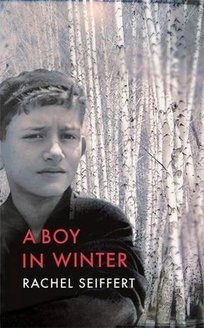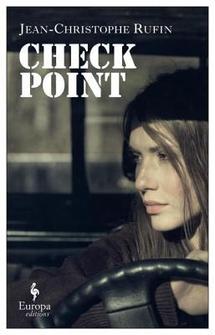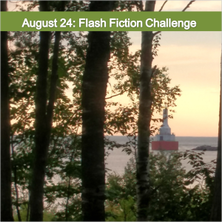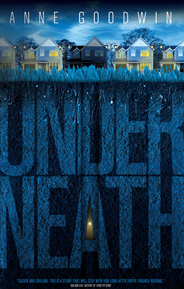A Boy in Winter by Rachel Seiffert
Ephraim is one such unfortunate, made to stand in cold crowded conditions for a day and a night in an abandoned brickworks. As his co-religionists contemplate a three-day journey to the ghetto, Ephraim frets about his two sons, missing since daybreak, horrified that his wife, who stands beside him with their daughter, might have encouraged them to hide.
The two boys, thirteen-year-old Yankel and his little brother, Monik are temporarily cared for by Yasia, a country girl who has come into town in search of her lover who is now working with the police. She feeds and shelters them because they remind her of her brood of brothers back home, and is shaken to discover they are Jews.
With the town under curfew, the eventual fate of the people gathered in the factory comes as a shock to everyone, except the SS officers who have orchestrated it. Sickened and disgusted, most of the townsfolk are nevertheless primarily concerned with saving their own skins. Fear turns to rage, although not necessarily directed towards the authority that has made them all complicit in a crime against humanity. Otto is perhaps alone in actively avoiding doing harm, only to find his small act of bravery backfiring because of his failure to recognise the depths of depravity undertaken in his country’s name.
It’s a gripping, if heart-rending story, with a snip of hope for some at the end. Thanks to Virago for my review copy.
Checkpoint by Jean-Christophe Rufin
Translated from the French by Alison Anderson, Checkpoint is an intense adventure story set within one of the bloodiest civil wars of 20th-century Europe posing searching questions about whether or when politically neutral support for the victims should give way to military action. While I enjoyed exploring that territory with one of the founders of the deeply respected aid organisation Medecins Sans Frontieres, I can’t agree with the publisher’s positioning of this as a literary novel (specifically “a powerful psychological literary thriller”) on the basis of either use of language or psychological depth. In particular, the character of Maud, the only woman in the group, reads like a male fantasy of a woman who doesn’t want to be a male fantasy, with a rather abrupt sexual awakening and the dated cliché of becoming beautiful on removal of her glasses. Thanks to Europa editions for my review copy.
| Charli’s request for 99-word stories about an escape artist sends my imagination leaping from A Boy in Winter to a novel about a boy at risk from the Nazis, not because he is Jewish, but because of his Romani background, Jakob’s Colours. Here’s where it led me: |
Roll Call for the Jews
One bag only, said Mama. You’ll have to leave your paints behind. What hell were we heading to if colour had no place? Layer after layer of shirts, sweaters, coats; armour against the cold, perhaps, but not their hate. Mama pulled tubes of indigo and yellow ochre from the pockets, refilled them with mouldy apples, wheat-and-sawdust bread. Outside, truck engines rumbled. Beyond the town the forest beckoned. Could I survive without family, without friends? Could I live without art? I’d manage if I must. When our front door slammed, I ran. For my life.
| Her grandmother’s escape from the Holocaust has shaped the character of Liesel in my second novel, Underneath. See also my blog post Art’s capacity to disturb for how the novel features paint and paintings. |

























 RSS Feed
RSS Feed





















